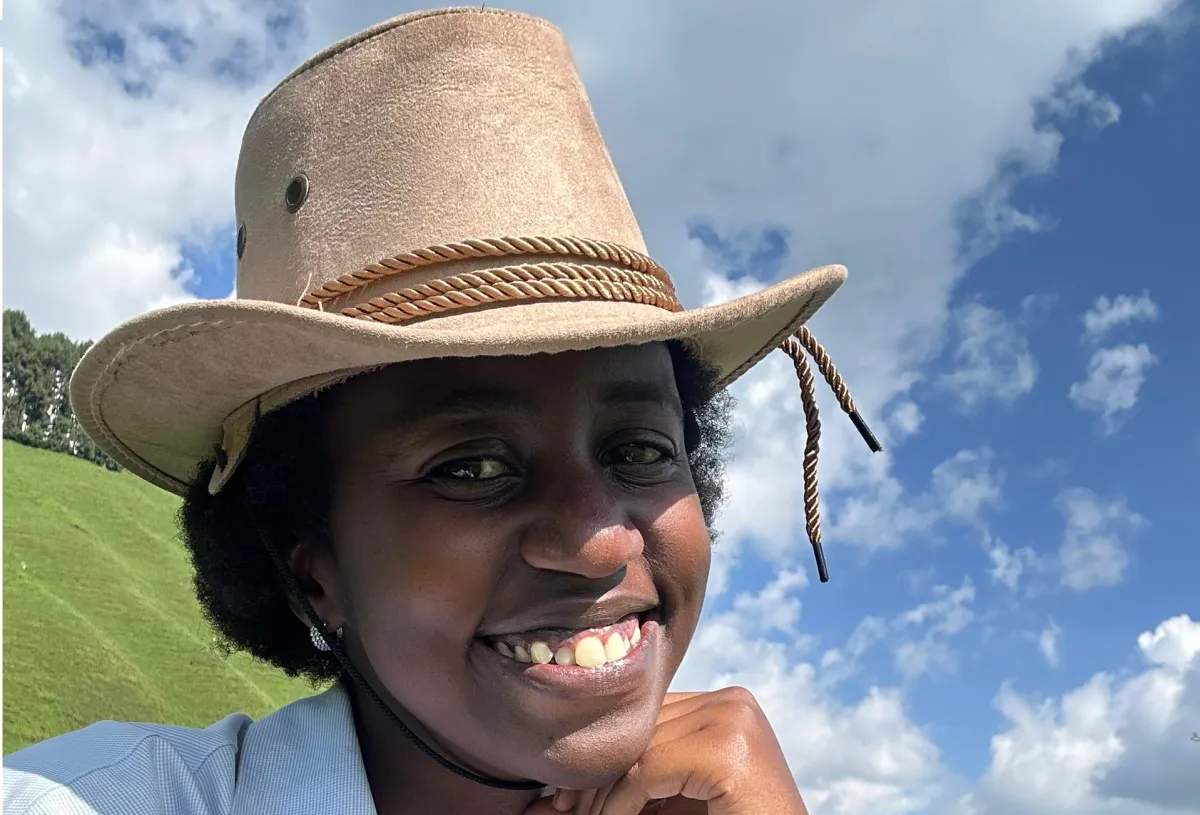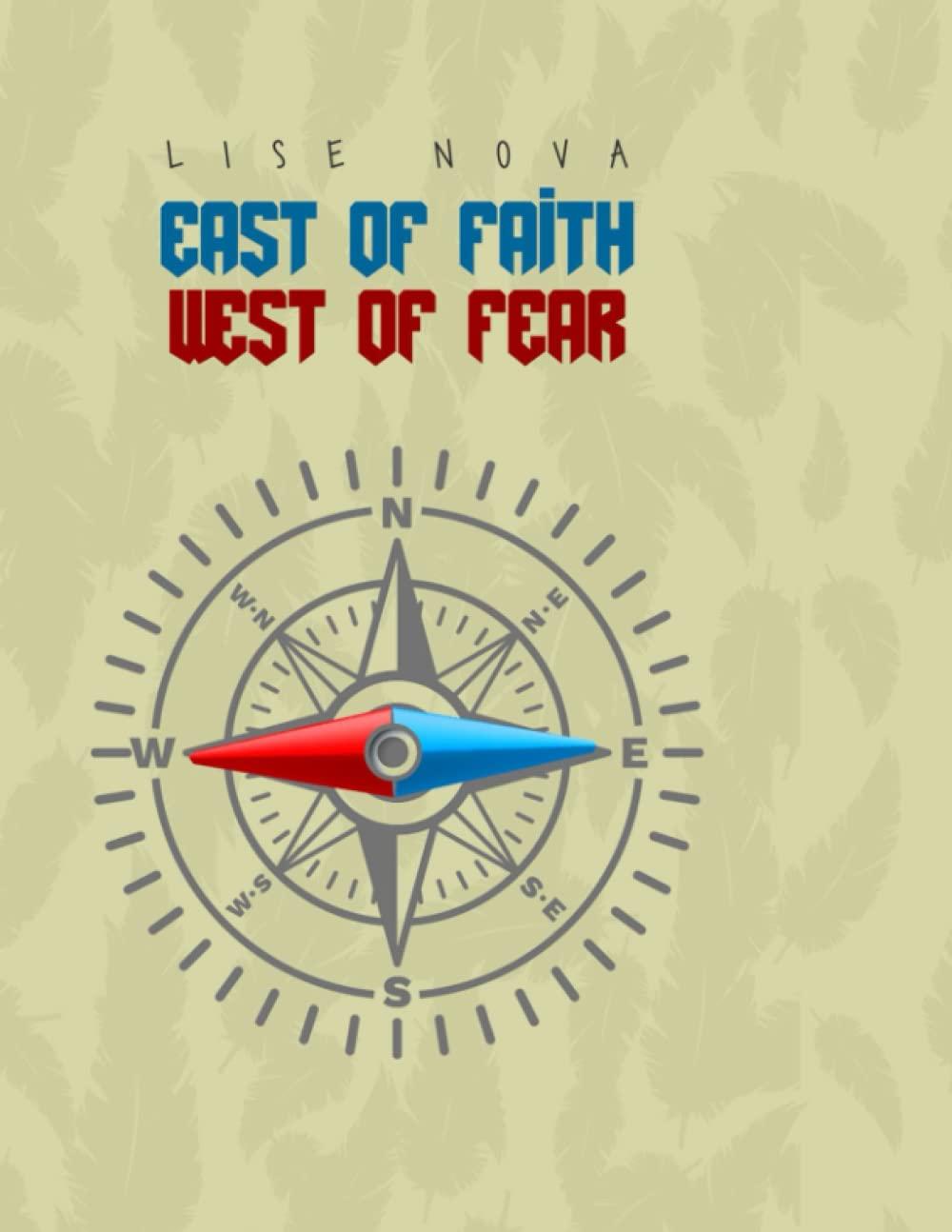The seed of shame

Lise Nova Berwadushime is a Rwandan poet, editor, translator and writer. Her works range from poems to children's stories and blog posts. She's the author of East of Faith West of Fear, a poetry collection.
The seed of shame can be planted in people without them being aware of it. I became the fertile soil of shame from the moment I was five years old, when I was able to listen to my mother’s words. Then, as now, shame was used to raise a child and teach them virtues. Things like being threatened with telling your classmates that you do a certain thing, like wetting the bed or eating sugar, were a child’s worst nightmares, because at a tender age he or she knew exactly what embarrassment and shame were. I remember as a child swapping places on the bed with my sister so that my mother would think it was her when it was me who had wet the bed, because it was incomprehensible that a big girl like me would wet the bed when her little sister didn’t, and just like that the seed was planted and grew.
One fruit of ingrained shame became clearer when my grandfather died in 2015. I was fifteen and in the fifth form of a single-sex boarding school run by nuns of the Catholic Church. Such schools are notoriously strict when it comes to the education of their pupils. It is so hard to get permission to go out or even to have someone visit you. I remember one particular time; it was around 10am and I was coming out of the canteen to have breakfast. To my surprise, I saw my mother and my little sister sitting on a bench in front of the headmaster’s office.
I knew something was wrong and wondered what it could be. I greeted them and asked them why they were there. As usual, my mother told me not to worry about what she was going to tell me. She went on to tell me that Grandpa had died and that they were on their way to the funeral. The way she said it, lightly and somehow carelessly, prevented me from even pretending to be sad.
Long before Grandpa passed away,, he was not on good terms with Mum for some reason and so he died after a long time of me not talking to him. According to the memories I cherish, Grandpa was my friend. Of all his grandchildren I know, I am the only one he gave a nickname to. When he died, I was not allowed to go and bury him because my mother said I was too ill to wear a motorcycle helmet. At the time, I had an abscess on my left ear and it was too big to allow me to ride a bike. Besides, I was in a nun’s school and my mum had already told me I didn’t have to go. The funeral happened and I didn’t go. I even went on with my life and my studies as if nothing had happened.
 Lise Nova
Lise NovaLise Nova Berwadushime | East of Faith West of Fear | Amazon Publishing | 42 pages | 6.97 EUR
It amazes me how mourning, grieving and expressing feelings of love are among the things that trigger shame in my society. For me personally, saying that I miss my grandfather triggers feelings of vulnerability, guilt and, most of all, shame. Mentioning his name, recalling our memories or saying how much I loved him is shameful because as an adult I am supposed to have moved on. After all these years, how could a girl like me still be grieving for a dead old man?
Apart from heavy emotions like grief and loss, where I come from, the display of romance like holding hands in public, let alone kissing, is far worse, whether you are married or not. You will have a thousand eyes watching you as if you are committing sacrilege before you have even finished whatever you are doing with your partner. Telling people openly that you love them, without even adding an insult to ‚soften‘ it so it doesn’t sound heartfelt, is another shameful act you could ever do, especially if it’s a man telling another man. You would rather tell a person that you hate them in public than openly tell them that you love them because you would have to explain yourself too much.
I remember another day when I told my mum I loved her in a text message. The next day I couldn’t even face her! I do not know why, but expressing our feelings openly is associated with vulnerability, shyness and shame. When you think about it, shame comes out of the little things we are told at a tender age like ‚don’t do this or that‘. In my culture it is praised to be opaque rather than to be open and express your feelings. As a result, when you find yourself in a position to grieve or express your feelings, shame shuts you down.
In my opinion, unlearning is harder than learning, so it is still hard for me to deal with the waves of shame that come when I express my feelings openly, not through a text but face to face, even now that I have realised that it is okay to express how you feel. It is also still hard to learn from my mistakes without beating myself up, because the whisper of "how can a grown-up lady like you do this" echoes in my head whenever I mess up. I think there are so many other ways to train and teach good virtues without using shame, and hopefully I will use them with my children.
Article series ‘Shame’
This text is part of a series of articles in which authors from all over the world report on shame in their culture as well as on their own personal experiences with shame. An overview of all articles can be found under the link at the beginning of this text



